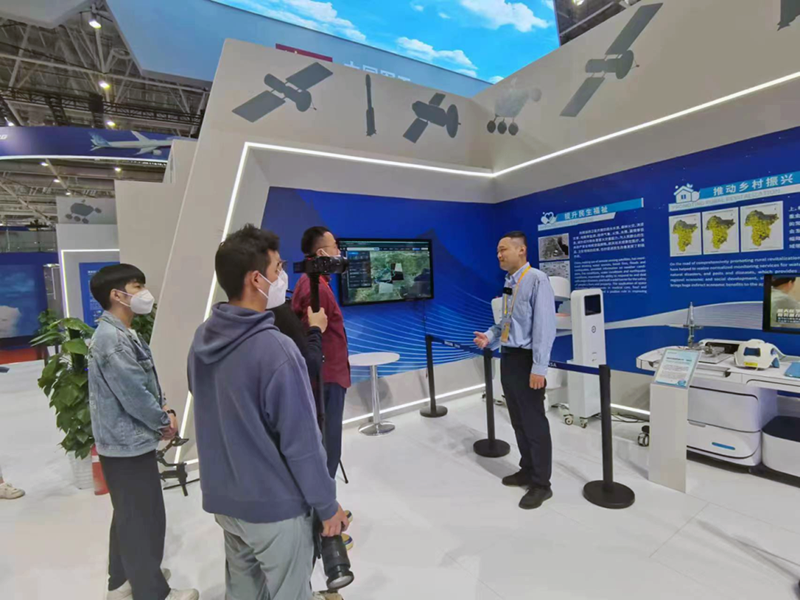German philosopher Immanuel Kant believed that "the thing-in-itself is unknowable." However, neuroscientists are determined to bridge the gap between philosophy and science to understand the human brain.
Jianzhi Zeng's passion for neuroscience ignited during his sophomore year at the Neuroscience Summer School at the Peking-Tsinghua Center for Life Sciences. There, he encountered the century-old neuroanatomical drawings by Spanish scientist Ramon y Cajal. These intricate sketches unveiled the once-mysterious brain to Jianzhi, deepening his fascination with the profound questions of neuroscience: How do we perceive colors? What drives our instincts for food and sex? Where are memories stored? How does our biological clock influence sleep? These everyday phenomena, Jianzhi realized, raise significant questions and offer insights into neuroscience. His most memorable experience was joining a literature discussion group led by Dr. Yulong Li and later conducting research in Li's lab.

In 2015, Jianzhi joined Dr. Yulong Li's team at Peking University to pursue a Ph.D. in neuroscience. The nervous system's 86 billion neurons communicate via chemical molecules called neurotransmitters, which are as elusive as "dark matter" in the universe. Jianzhi's research focused on decoding the communication code between neurons, converting chemical signals into optical signals in real time, and visualizing information flow in the nervous system through holographic images. Reflecting on this project, Jianzhi said, "This scientific endeavor is both adventurous and fascinating. Its allure lies in its novelty and potential impact on the neuroscience community, though it is fraught with pioneering challenges." Under Dr. Yulong Li's guidance and with the team's efforts, Jianzhi developed the first-generation optical probe for the neurotransmitter dopamine, allowing humans to visualize moments of excitement and pleasure in the brain. This breakthrough was published in Cell, recognized as one of the "Top Ten Scientific Advances in Chinese Life Sciences in 2018," and featured in the People's Daily. In 2021, Jianzhi Zeng earned his doctorate and received the prestigious "Ray Wu Prize," the highest honor for doctoral students in life sciences.
"Like many young people, I was uncertain about my field of study and future plans," Jianzhi Zeng admitted. "I ultimately chose Shenzhen because of its support, inclusiveness, and openness towards young researchers." After earning his Ph.D., he joined the Institute of Molecular Physiology at SZBL to pursue postdoctoral research.
During his postdoctoral period, Jianzhi used the optical probes developed during his Ph.D. to conduct in-depth research on Pavlov's learning and memory paradigm. A century ago, Pavlov discovered that the time interval between stimuli affected learning and memory, a concept known as the "coincidence time window for learning and memory." However, the underlying mechanisms remained unclear. Dr. Zeng and his colleagues used optical probes to observe the learning and memory process in the brain in real time. They identified the release of the neurotransmitter serotonin and demonstrated its critical role in regulating the time window. This achievement was published in Neuron and featured in the People's Daily. In 2023, Dr. Zeng was selected for the China Association for Science and Technology's "Young Elite Scientists Sponsorship Program" and was awarded the title of "Outstanding Postdoctoral Fellow in Shenzhen."
"I thoroughly enjoyed my postdoctoral research experience in Shenzhen. Shenzhen Bay Laboratory provides a world-class research platform and brings together brilliant young scholars. The communication among colleagues is open, and the outdoor swimming pool at Guangming Sports Center is spacious and clear."
As he embarks on a new chapter at SZBL, Dr. Jianzhi Zeng will start independent research as a "Qihang Fellow." Embracing an era of changes and breakthroughs, he is inspired by a teacher's words: "In the pursuit of developing our country, we are neither spectators nor distant commentators. We should stand tall and declare with unwavering confidence: 'I am a part of this endeavor.'"
Editor: Winston
For more information, please contact media@szbl.ac.cn










